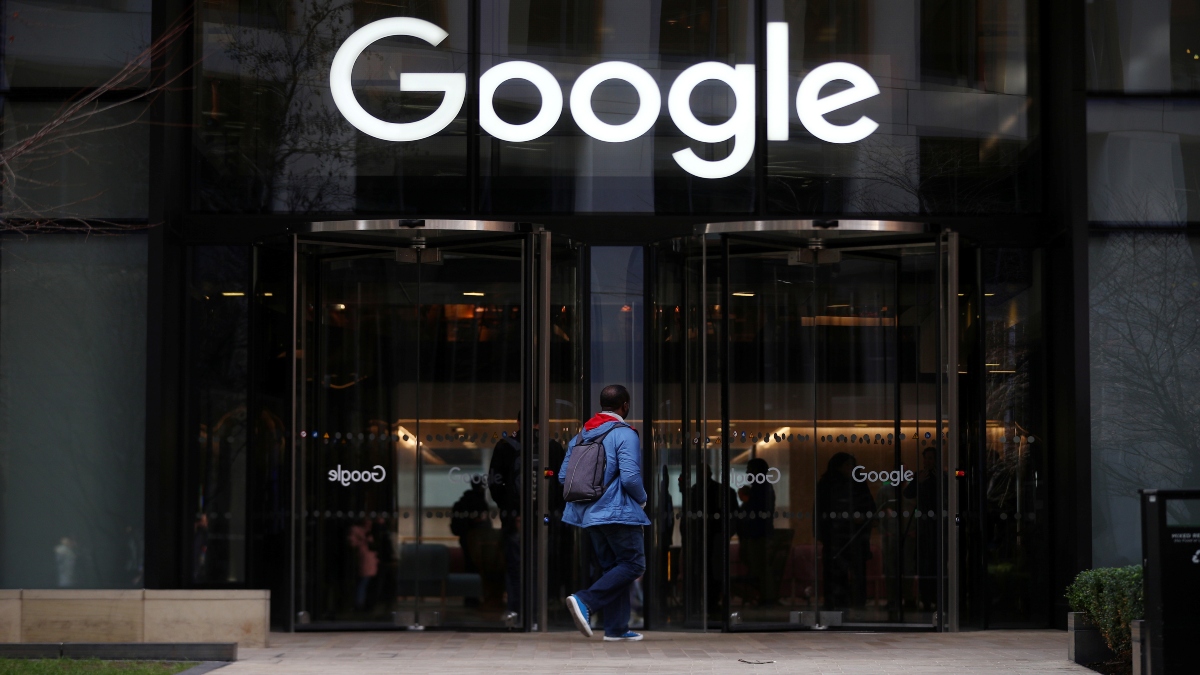Google has tripled the number of advertiser account suspensions on its platform, taking down 39.2 million accounts in 2024 as part of its largest crackdown yet on ad fraud. The tech giant attributed the spike to advances in artificial intelligence and increased vigilance against scams, impersonations, and policy violations.
The company said it had leveraged large language models (LLMs) and signals, such as illegitimate payment methods and impersonation patterns, to detect and block malicious actors. A “vast majority” of the accounts were suspended before they could serve a single ad, Google claimed.
“We still have humans involved throughout the process,” said Alex Rodriguez, general manager for Ads Safety at Google, during a virtual media roundtable, according to a report by TechCrunch. But these AI models are very important to Google and have delivered a series of impressive improvements, he added.
In 2024, Google launched over 50 enhancements powered by LLMs to strengthen safety enforcement across its platforms. The company introduced more than 30 policy updates and technical countermeasures, leading to the suspension of 700,000 accounts linked to deepfake scams. It claims this resulted in a 90 per cent drop in user reports of such content.
A cross-functional team of over 100 experts—including Google’s Ads Safety and Trust and Safety teams, along with researchers from DeepMind—was tasked with analysing deepfake scams and impersonation techniques. Many of the scams involved public figures being falsely portrayed in fraudulent ads.
Impact Shorts
More ShortsThe US accounted for the highest number of suspensions, with 39.2 million advertiser accounts taken down and 1.8 billion ads removed. Violations included ad network abuse, trademark misuse, healthcare-related false claims, and misrepresentation in personalised advertising.
India, now the second-largest internet market after China by user base, saw 2.9 million account suspensions and 247.4 million ad removals. The top infractions in India related to financial services, gambling, personalised ads, and trademark abuse.
Globally, Google said it blocked 5.1 billion ads in 2024 and took action against 1.3 billion publisher pages. These figures mark a slight decrease from 2023, when the company blocked over 5.5 billion ads and targeted 2.1 billion pages.
The decline, Google said, signals improved prevention mechanisms. “By detecting and suspending bad actors earlier, we prevent a lot of harmful ads from ever being created or served,” Rodriguez said.
In a year that saw half the world’s population head to the polls, Google also ramped up election-related enforcement. It verified more than 8,900 new election advertisers and removed 10.7 million election ads. However, Rodriguez downplayed the scale of this activity in relation to Google’s overall ad volumes, saying it had a limited impact on broader safety metrics.
Overall, the company restricted 9.1 billion ads and suspended five million accounts for scam-related violations. Nearly 500 million scam-related ads were removed in total.


)

)
)
)
)
)
)
)
)



